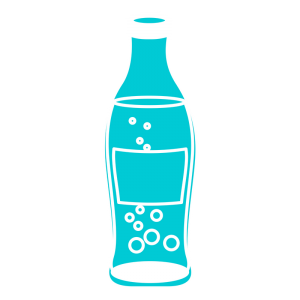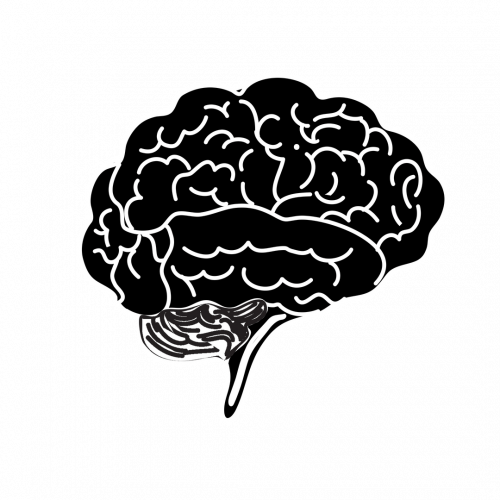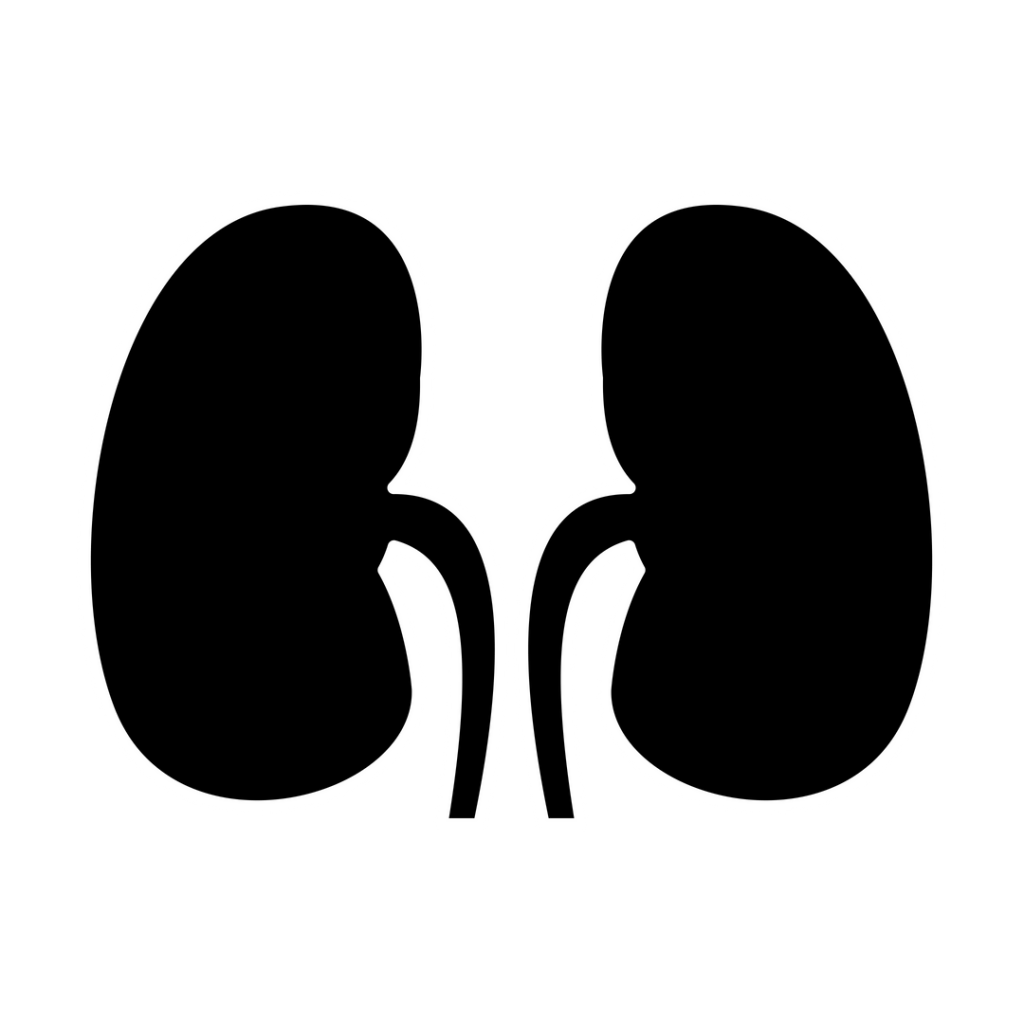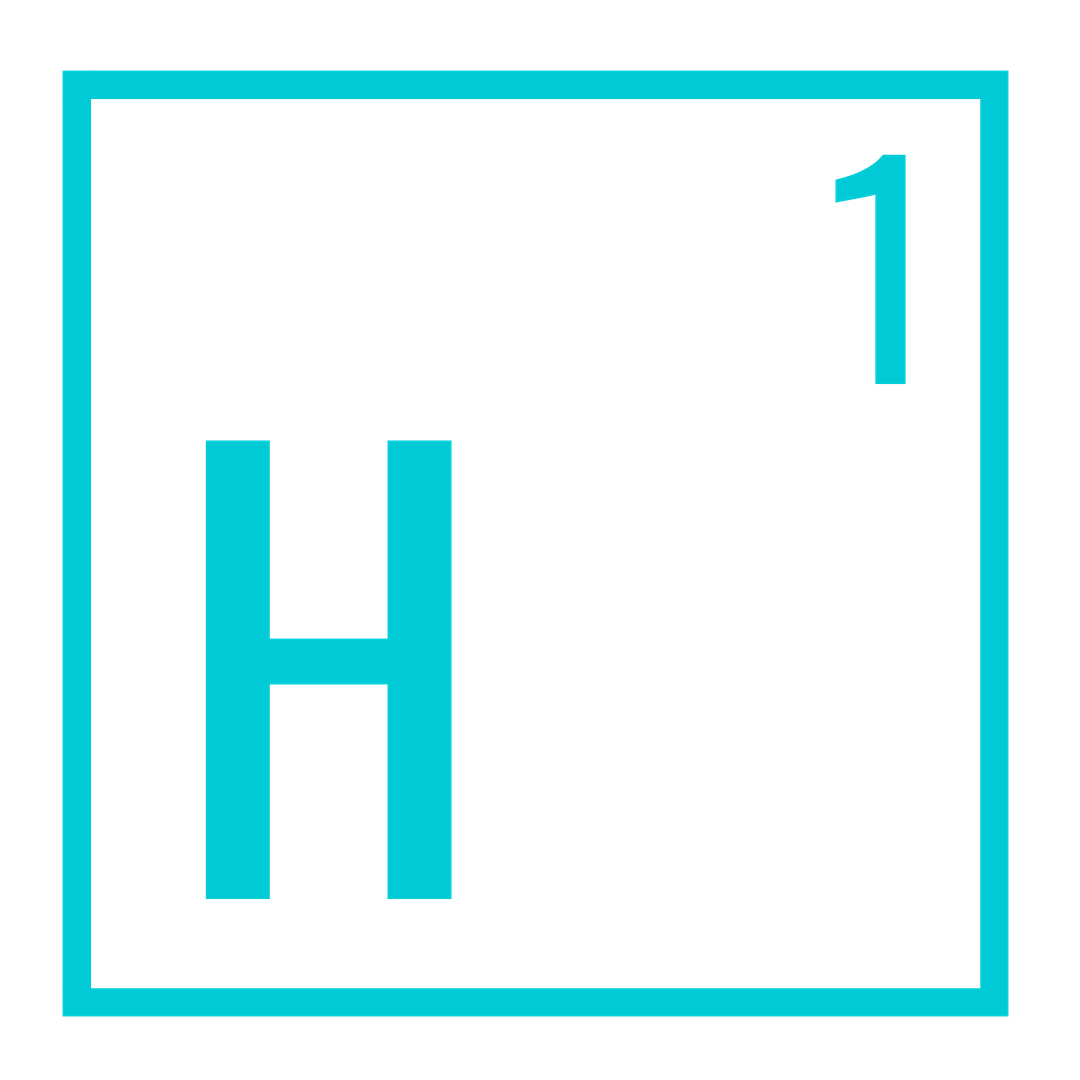benefits of molecular hydrogen
click the icons for hydrogen water benefits
what's your
Issue?
To date there have been over 3000 studies and publications on the therapeutic potential of H2, showing it to be beneficial for over 170 human disease models.
Here are 100 health conditions that hydrogen shows potential benefits for:
ALS 1, Alveolar Bone Resorption 2, Alzheimer’s 3, anxiety 4, Aplastic Anemia 5, Arteriosclerosis 6, Arthritis 7, Asthma 8, Atherosclerosis 9, Autism 10, Autoimmune Disorders 11, Bipolar Disorder 12, Bronchiectasis 13, Bronchopulmonary Dysplasia (BPD): 14, Burns 15, Cancer 16, Carbon Monoxide Poisoning 17, Cardiac Arrest 18, Cataracts 19, Cerebral Palsy 20, COPD 21, Crohn’s 22, Dementia 23, Depression 24, Dermatitis 25, Diabetic Retinopathy (vision loss) 26, Eczema 27, Edema 28, Endometriosis (uterus disorder) 29, Enterocolitis: 30, Erectile Dysfunction 31, Fatty Liver Disease 32, Female Infertility 33, GERD (acid reflux) 34, Glaucoma 35, Graft-Versus-Host Disease 36, Gum Disease 37, Hearing Loss 38, Heart Attack 39, Heart Disease 40, Hemorrhagic Shock 41, Hepatitis B 42, Hypercholesterolemia 43, Hyperglycemia 44, Hypertension 45, IBS 46, Infant Lung Disease 47, Inflammation 48, Insulin Resistance 49, Ischemic Stroke 50, Kidney Disease 51, Kidney Injuries 52, Kidney Stones 53, Liver Cirrhosis 54, Lymphoma 55, Male Infertility 56, Metabolic Syndrome 57, Mitochondrial Dysfunction 58, Multiple Sclerosis 59, Muscle Fatigue 60, Muscular Dystrophy 61, Neuropathy 62, Obesity 63, Opioid-Induced Hyperalgesia 64, Osteoarthritis 65, Osteopenia 66, Osteoporosis 67, Osteoradionecrosis of the jaw 68, Osteosclerosis 69, Pain 70, Painful Bladder Syndrome 71, Pancreatitis 72, Parkinson’s 73, Periodontitis 74, Polycystic Ovarian Syndrome 75, Preeclampsia 76, Psoriasis 77, Pulmonary Fibrosis 78, Pulmonary Hypertension 79, Radiation Damage 80, Renal Failure 81, Retinitis 82, Rheumatoid Arthritis 83, Schizophrenia 84, Seasonal Allergies 85, Sepsis 86, Shingles 87, Sleep Apnea 88, Soft Tissue Injuries 89, Spinal Injuries 90, Stroke 91, Subarachnoid Hemorrhage (Aneurysms) 92, TIA 93, Traumatic Brain Injury 94, Tumors 95, Type 1 Diabetes 96, Type 2 Diabetes 97, Ulcers 98, Uveitis 99, Wounds 100
H2 is Anti - Oxidant Inflammation Allergy Cell Death Aging
Anti - oxidant
Molecular hydrogen (via hydrogen water, hydrogen inhalation, etc) has been demonstrated in scientific studies to have anti-oxidant LIKE effects or properties.
It appears to have exhibit anti-oxidant LIKE effects in these 3 ways:
Hydrogen is able to potentially inhibit/suppress the hydroxyl radical (OH•) within the cell. Science is still trying to elucidate how hydrogen is able to induce this effect. However, here are some examples of how hydrogen may be accomplishing this effect based on scientific speculation.
Example: Molecular hydrogen can potentially suppress the Fenton reaction and/or the Haber-Weiss reaction thereby preventing the elevation or suppressing the production of the hydroxyl radical (OH•)
Example 2: Hydrogen can up-regulate the expression of catalase which decreases the levels of hydrogen peroxide (H2O2) in the cells. By doing this, hydrogen indirectly reduces OH• levels because hydrogen peroxide is needed to produce the hydroxyl radicals.
Hydrogen is able to potentially inhibit/suppress ONOO- (Peroxynitrite) within the cell, thus reducing oxidative stress.
Example: Molecular hydrogen can suppress the production of NO⋅ which in turns inhibits/suppressed the production of ONOO-.
Our cells have their own natural defense system and produces natural antioxidants, such as CAT, SOD, GSH, etc.
It has been demonstrated that hydrogen up-regulates our endogenous antioxidants by activating the Nrf2 keap1 system via hydrogen’s signal-modulation properties.
Important note: Hydrogen was once and still is thought to be, and has been featured in many studies as, a selective antioxidant, neutralizing only the most dangerous and cytotoxic free radical, the hydroxyl radical( OH•) via direct free-radical scavenging. This information is still being used by many hydrogen companies in their marketing materials. Although the reaction between hydrogen and the hydroxyl radical is a valid reaction in an in vitro system (test tube) it appears that this reaction either does not occur in the human body or is very unfavorable. This is likely due to the very low reaction rate constant between hydrogen and the hydroxyl radical, compared to other antioxidants (SOD, Vit C, Q10, etc) within a cellular system or environment. So as it stands, for now, the hydrogen molecule might only react with 1 out every million hydroxyl radicals in an in vivo system or possibly not at all. The remarkable part of this current information is that hydrogen still appears to reduce oxidative stress (excessive ROS) and hydroxyl radical levels in the cells and human body significantly and effectively. Hydrogen does this through its gaseous-modulator effects rather than acting as a conventional antioxidant. Overall, hydrogen still appears to have some of the most unique antioxidant-like effects of any therapeutic molecule for the human body on the planet.
Anti - inflammatory
Molecular hydrogen (via hydrogen water, hydrogen inhalation, etc) has been demonstrated in the scientific literature to have anti-inflammatory effects or properties.
It appears to have a profound effect on the immune system and inflammatory processes and may have an anti-inflammatory effect on the human body in these 4 ways:
Molecular hydrogen efficiently reduces oxidative stress which is mentioned in our antioxidant section. Oxidative stress can play a pivotal role in the inflammatory process of the cells and the human body. ROS/excessive ROS (oxidative stress) is known as a key mediator for cell growth, cellular apoptosis and the inflammatory response (via the Nf-kB pathway). Since hydrogen effectively reduces oxidative stress in the cells, this can lead to less stimulation of the NF-kB pathway leading to less production of proinflammatory cytokines, such as TNFa and others, that stimulate inflammation. This is one of the potential ways hydrogen decreases inflammation by reducing oxidative stress.
“In addition, ROS act as secondary messengers to activate the expression of proinflammatory cytokines.” Source
“Oxidative stress impacts multiple signaling pathways, including the extracellular signal-regulated protein kinase (ERK)1/2, NF-κB, JKN, and nuclear factor-erythroid 2p45-related factor 2 (Nrf2) pathways. Along with selectively scavenging •OH, H2 may alleviate oxidative stress-induced injury by targeting these pathways.” Source
“Typically, H2 inhibits oxidative stress-induced inflammatory tissue injury via downregulation of proinflammatory and inflammatory cytokines, such as interleukin (IL)-1β, IL-6, tumor necrosis factor-α(TNF-α), intercellular cell adhesion molecule-1, high-mobility group box 1(HMGB-1), nuclear factor kappa B (NF-κB), and prostaglandin E2.” Source
Molecular hydrogen can down-regulate pro-inflammatory cytokines in a number of ways. To name a few: Hydrogen decreases lipid peroxidation and the release of lipopolysaccharide (LPS), therefore decreasing the expression of pro-inflammatory cytokines. Furthermore, hydrogen up-regulates the hormone acyl ghrelin which also inhibits the expression of pro-inflammatory cytokines. Lastly, it may down-regulate pro-inflammatory cytokines by influencing and regulating the Ca2+ (ionic Calcium) signal transduction pathway and by suppressing the NFAT signaling pathway, leading to the down-regulation of the expression of pro-inflammatory cytokines. These are just a few examples and there are many more potential ways that we could have discussed, such as hydrogen suppressing the release of cell adhesion molecules. There are many more mechanisms that are yet to be elucidated in regard to this topic.
“This is in line with a recent report on molecular hydrogen inhibiting the LPS-induced NO production and the activation of proinflammatory signalling cascades (p38 MAPK, JNK and NF-kB) in RAW264 macrophage cell line.” Source
“Past and present evidence suggests that HRW inhibits hepatic lipid accumulation through induction of acyl ghrelin, which activates AMPK signaling after suppressing lipogenesis, inhibiting proinflammatory mediators and inducing hepatoprotective cytokines to activate anti-oxidative enzymes.” Source
“Thus, H2 might regulate gene expression via the Ca2+ signal transduction pathway by modifying the free radical-dependent generation of oxidized phospholipid mediators.” Source
“Since proinflammatory cytokines are regulated by NFAT-dependent mechanisms, the anti-inflammatory effects by H2 can be explained by the suppression of NFAT. Additionally, the anti-allergic effects of H2 can be explained by the decrease in Ca2+/NFAT signaling.” Source
Molecular hydrogen can up-regulate powerful anti-inflammatory cytokines, thus reducing inflammation and more. Hydrogen appears to up-regulate highly therapeutic anti-inflammatory cytokines, such as IL-10 and IL-22. Science is still figuring out how hydrogen is doing this. Nevertheless, the data is clear that hydrogen appears to be very effective at up up-regulating these protective enzymes.
“H2 could elevate anti-inflammatory cytokine levels. H2 enhanced HO-1 expression and activity, which suggest that H2 could suppress excessive inflammatory responses and endothelial injury via an Nrf2 (nuclear factor erythroid 2 p45 related factor 2)/HO-1 pathway” Source
“In the present study, levels of both anti-inflammatory cytokines were higher after HRW pretreatment than in the EtOH feeding group, which suggests that HRW pretreatment protects against chronic EtOH-induced liver injury and sarcopenia by suppressing the proinflammatory cytokines TNF-α and IL-6 and inducing the anti-inflammatory cytokines IL-10 and IL-22.” Source
“Moreover, HRW(hydrogen-rich water) reduced TNF-α and IL-6 levels and increased IL-10 and IL-22 (anti-inflammatory cytokines) levels” Source
“IL-10 plays a protective role in the systemic inflammatory response. Combination therapy with H2 (2%) and hyperoxia (98%) significantly increases the IL-10 level in serum and tissues (lung, liver, and kidney) of septic mice with moderate or severe CLP” Source
Molecular hydrogen can inhibit inflammatory cell infiltration and inhibit the production of chemokines (MCP-1, MPO, etc), suppressing a variety of immune and/or inflammatory responses in various white blood cells (neutrophils, macrophages, monocytes, etc). These effects can prevent the elevation of excessive inflammation and can have a potential anti-inflammatory effect on the human body.
“The decrease in MCP and MPO is believed to be representative of suppressed inflammatory and white blood cell (specifically neutrophil) responses. The studies concluded that hydrogen was able to quell inflammation and improve blood pressure” Source
“Furthermore, H2-rich saline treatment has been found to reduce inflammatory cell infiltration, TdT-mediated dUTP nick and labeling (TUNEL)-positive cells, and hemorrhage.” Source
“ In addition, HRS administration individually could also decrease infiltration of neutrophils, interstitial edema, and atelectasis” Source
“2% H2 treatment resulted in reduction of inflammatory cells infiltration and improvement in lung structure” Source
Anti - allergy
Molecular hydrogen (via hydrogen water, hydrogen inhalation, etc) has the potential to prevent, protect, or reduce the effects of allergic reactions. It has been demonstrated through scientific studies that hydrogen gas exhibits these effects in not only one hypersensitivity or allergy type, but two. Hydrogen has been shown to inhibit type 1 allergic reactions and type 2 allergic reactions.
Type 1 allergic reactions or immediate sensitivity are the typical known allergic reactions.
Some examples being Hay Fever/Seasonal allergies, peanut allergies, asthma, etc.
Type 2 allergic reactions or cytotoxic hypersensitivity are antibody mediated (IgM, IgG) disorders and are prominent in autoimmune diseases such as, rheumatoid arthritis, hyperthyroidism, myasthenia gravis, etc.
A few of the ways hydrogen gas exhibits these anti-allergic effects is due to its gaseous-modulator properties inhibiting the infiltrations of white blood cells into the target site and by decreasing the expression of allergic/inflammatory reaction molecules, such as hydrogen peroxide (H2O2), histamine, and proinflammatory cytokines (IL-4 and IL-13, etc).

“These results suggested a role for molecular hydrogen as a signal modulator. Finally, oral intake of hydrogen-rich water alleviated anti-type II collagen antibody-induced arthritis in mice, a model for human rheumatoid arthritis"

“However, we have recently demonstrated that hydrogen inhibits type I allergy through modulating intracellular signal transduction.”

“In the immediate-type allergic reaction, hydrogen exerts its beneficial effect not by its radical scavenging activity but by modulating a specific signaling pathway.“

“CONCLUSIONS: HRS could affect anti-inflammation in AR (running nose) and decreased the expression of IL-4 and IL-13.”

“Drinking H2 water attenuated passive cutaneous anaphylaxis (PCA) reaction and reduced the increase in serum histamine levels after the antigen challenge”

“These results suggested that H2 water could ameliorate type I allergy such as bronchial asthma, rhinitis (runny nose), conjunctivitis (pink eye) and urticaria (hives) and that H2 inhibits allergic reactions not by its radical scavenging activity but by modulating specific signaling pathways.”
Anti - Cell Death
Hydrogen gas’ potential for preventing cellular death is littered throughout the scientific literature. Molecular hydrogen appears to accomplish this effect in numerous ways, far too many to list them all.
- Through the reduction of oxidative stress
- Inhibiting the activation of apoptotic enzymes and signaling pathways (caspase-3, Ras-ERK1, 2-MEK1/2 and Akt, bax, etc)
- Up-regulating anti-apoptotic proteins (Bcl-2, Bcl-xL, etc)
- By protecting the mitochondria of the cell
These effects mean not only does hydrogen protect our cells, but it promotes cell viability and survival.





Anti - Aging
Molecular hydrogen (via hydrogen water, hydrogen inhalation, etc) has been demonstrated in scientific studies to have anti-aging effects or properties.
Hydrogen gas appears to prevent, reduce, or suppress the progression of cellular aging by reducing/preventing oxidative stress of the cell, inhibiting mitochondrial DNA damage, suppressing mitochondrial oxidative stress, and inhibiting cellular senescence, all of which are hypothesized to be linked to the aging of the human body and cells. One study demonstrated that drinking hydrogen-rich water for 12 months (1 year) had a significant anti-aging effect on periodontal tissues. Another study demonstrated that hydrogen rich water effectively suppressed alveolar bone loss which is a result of aging and/or periodontal inflammation. So, taking all together, hydrogen’s antioxidant-like and anti-senescence effects may slow the progression of aging and may increase longevity!

“In the present study, we observed anti-aging effects of hydrogen-rich water on oxidative damage in the periodontal tissue.”

“Drinking hydrogen-rich water is proposed to be effective in suppressing alveolar bone loss as a result of aging and/or periodontal inflammation.”

“H2 has long-lasting antioxidant and anti-aging effects on vascular endothelial cells through the Nrf2 pathway, even after transient exposure to H2. Hydrogen-rich water may thus be a functional drink that increases longevity”
how
small
is h2?
1 molecule of hydrogen is 150 picometers wide.
A picometer is 1 trillionth of a meter.
Something this small is hard to understand.
These examples will help you grasp how small it really is.
EXAMPLE #1:
Look at a single piece of hair.
You can fit approximately
3,000,000
H2 molecules across the width of a single piece of hair!

EXAMPLE #2:
Let’s say we have a 16 oz. bottle of water containing 1.6 mg/L (ppm) of H2. 1 part per million doesn’t sound like very much but…
There would be approximately
212,000,000,000,000,000,000
H2 molecules in that bottle!

EXAMPLE #3:
Now let’s say we just had a teaspoon of the water from that bottle (measuring at 1.6 mg/L (ppm)). A teaspoon is so tiny but…
There would be approximately
2,300,000,000,000,000,000
H2 molecules in that little teaspoon!

EXAMPLE #4:
To get a picture of how much that is, let’s say we turned every H2 molecule in that teaspoon into PENNIES…
We would have enough to fill over
333,000
Dallas Cowboy Stadiums!


Because it means hydrogen can get anywhere it needs to go in your body! Molecular hydrogen is so small and neutral that no area is off limits. It can cross any barrier in our body, including the blood-brain barrier. This is important because 20% of the oxygen we breathe gets to our brain. 2-4% of all oxygen consumed by the mitochondria turns into free radicals. This makes our brains very susceptible to oxidative stress. Glucose, sodium, alcohol, nicotine, and some drugs can get through to our brain. However, many vitamins and antioxidants can’t! But since hydrogen can cross that barrier, it is a highly promising remedy for oxidative stress in the brain.
Hydrogen gas can get into the sub-cellular compartments and reduce oxidative stress in the mitochondria and the nucleus. It can even help to protect our DNA and RNA.
“Hydrogen can diffuse extremely rapidly into tissues to reach important target subcellular compartments, including the nucleus and mitochondria, owing to its low molecular weight. This is extremely important because mitochondria, as the primary sites of ROS generation, are notoriously difficult to target. Moreover, hydrogen passes through the blood brain barrier by gaseous diffusion, although most antioxidant drugs cannot.” Source

Dixon and colleagues from Loma Linda University reported: “Hydrogen has marked therapeutic potential to help with the top 8 fatality-causing diseases listed by the CDC,” Dixon, B. J. et al. (2013). Med Gas Res, 3(1)p 10.[16]
1
heart disease

H2 benefits for Heart Disease:
1. Improve overall heart function
2. Improve the function of heart ventricles
3. Protect during ischemia/reperfusion injury
4. Reduce cardiac hypertrophy and fibrosis
5. Improve atherosclerosis
6. Decrease blood pressure
7. Normalize cholesterol levels
8. Reduce blood sugar
9. Protect blood vessels and maintain their function
10. Recovery from cardiac arrest
BONUS: Prevention Effects
Watch the video for a more detailed description of this topic:
2
cancer

H2 benefits for Cancer:
1. Reduces oxidative stress
2. Protects DNA
3. Suppresses somatic mutations
4. Suppresses cancer cell growth
5. Induces cancer cell death
6. Suppresses the spread of cancer
7. Aid in the effectiveness and protection of anticancer drugs
8. Protects from radiation
9. Improve quality of life
10. Increases survival rate
Watch the video for a more detailed description of this topic:
3
copd

SMALL-SCALE H2 BENEFITS:
1. Oxidative
Stress
2. Inflammation
3. Apoptosis
4. Cell Senescence
5. Autophagy
6. Homeostasis
LARGE-SCALE H2 BENEFITS:
1. Smoking
2. Inhalation
3. Environment
4. Lung Injury
5. Lung Function
6. Related Disorders
Watch the video for a more detailed description of this topic:
4
accidents

H2 benefits for Accidents:
1. Wounds
2. Burns
3. Internal Injuries
4. Brain Injuries
5. Spinal Injuries
6. Hemorrhage
7. Sepsis
8. Poison
9. Overdose
10. Pain
Watch the video for a more detailed description of this topic:
5
stroke

H2 benefits for Stroke:
1. Prevention
2. Risk Factors
3. Blood Clots
4. Neuroprotection
5. TIA
6. Ischemic Stroke
7. Hemorrhagic Stroke
8. Secondary Stroke
9. Quality of Life
10. Survival Rate
Watch the video for a more detailed description of this topic:
6
alzheimer's

H2 benefits for Alzheimer’s:
1. Oxidative Stress
2. Neuro-Benefits
3. Mitochondria
4. Ghrelin
5. General Dementia
Watch the video for a more detailed description of this topic:
7
diabetes

H2 benefits for Diabetes:
1. Type 1
2. Type 2
3. Pre-Diabetes
4. Metabolic Syndrome
5. Obesity
6. Hyperglycemia
7. Complications
Watch the video for a more detailed description of this topic:
8
influenza & pneumonia

H2 benefits for Influenza & Pneumonia:
1. Oxidative Stress
2. Inflammation
3. Immune System
4. Indirect Regulation
5. Lung Edema
6. Viruses
Watch the video for a more detailed description of this topic:
9
kidney disease

H2 benefits for Kidney Disease:
1. Chronic Kidney Disease
2. Kidney Function
3. Kidney Injury
4. Kidney Stones
5. Kidney Dialysis
6. Kidney Transplant
Watch the video for a more detailed description of this topic:
10
suicide

H2 benefits for Mental Illness:
Overall: Oxidative Stress and Inflammation
1. Depression
2. Anxiety
3. Bipolar Disorder
4. Schizophrenia
5. Stress
Watch the video for a more detailed description of this topic:
better performance endurance protection recovery

Unlike many other sports supplements, molecular hydrogen is strongly supported by scientific research, making it a prime candidate for athletes looking to gain an edge safely and naturally. Based on the scientific data, hydrogen gas represents a new way of enhancing athletic performance, recovery, and sports medicine.
PERFORMANCE
- Improves cognitive function even while under stress
- Reduces lactate levels (lactic acid)
- Supports mitochondrial ATP production for increased energy and focus
- Does not interfere with reactive signaling molecules useful for exercise adaptations.
- Reduces muscle fatigue
- Enhances nitric oxide function
ENDURANCE
- Prevents metabolic acidosis associated with exercising, promoting increased muscular endurance.
- Improves VO2max
- Helps maintain PPO (peak power output) throughout exercise
- Improve blood flow and microcirculation
- Cardioprotective/Improved cardiovascular function
- Improves post exercise heart rate
- Stimulates energy metabolism (upregulation of FGF21 hepatic enzymes) to help prevent weight gain and improves weight loss
PROTECTION
- Helps reduce excessive oxidative/free radical damage from exercise (before,during or after)
- May prevent micro-injury
- May prevent overtraining injuries
- Zero side effects and Zero cytotoxicity
- Protects DNA, RNA, and helps to maintain cellular homeostasis
RECOVERY
- Supports rapid recovery, post-training
- Helps recovery from soft tissue injuries
- Up regulates the body's own endogenous Antioxidants (glutathione, catalase, superoxide dismutases) to improve recovery
- Improve recovery from DOMS (delayed onset muscle soreness)



Effects of hydrogen rich water on prolonged intermittent exercise.
“CONCLUSIONS:Two weeks of HRW intake may help to maintain PPO (peak power output) in repetitive sprints to exhaustion over 30 minutes.”
Effectiveness of oral and topical hydrogen for sports-related soft tissue injuries.
“Conclusion: These preliminary results support the hypothesis that the addition of hydrogen to traditional treatment protocols is potentially effective in the treatment of soft tissue injuries in male professional athletes.”
Molecular Hydrogen and its Potential Application in Therapy of Brain Disorders
“Consumption of hydrogen water suppressed the increase in oxidative stress and prevented stress-induced impairments in hippocampus-dependent learning tasks during chronic physical restraint”
Molecular hydrogen in sports medicine: new therapeutic perspectives.
“In particular, hydrogen therapy may be an effective and specific innovative treatment for exercise-induced oxidative stress and sports injury, with potential for the improvement of exercise performance.”
Effects of drinking hydrogen-rich water on muscle fatigue caused by acute exercise in elite athletes.
“Conclusion: Adequate hydration with hydrogen-rich water pre-exercise reduced blood lactate levels and improved exercise-induced decline of muscle function. Although further studies to elucidate the exact mechanisms and the benefits are needed to be confirmed in larger series of studies, these preliminary results may suggest that HW may be suitable hydration for athletes.”
Effects of hydrogen bathing on exercise-induced oxidative stress and delayed-onset muscle soreness
"Hydrogen bathing significantly reduced DOMS (VAS) 1 and 2days after downhill running (p=0.033). These findings suggest that hydrogen bath after downhill exercise can be effective for reduction of DOMS."

the facts
- Out of 700+ scientific studies, H2 has shown no cytotoxic effects or cytotoxic by-products in the human body.
- We have a basal level of H2 in our blood stream at all times, around 1~5 micromolar or less.
- Humans can produce up to 10 liters of H2 a day with a good diet containing fruits, vegetables, and fiber-rich foods. This is due to the production of H2 by our gut flora (gut bacteria).
- H2 has been used to ameliorate decompression sickness in deep sea diving since 1945. The H2 concentration has been as high 98.87% H2 and 1.26% of O2, at 19.1 atm with minimal to no adverse or cytotoxic effects. Our US military also has been using H2 for deep sea diving since the 60’s.
This information tells us that hydrogen-rich water is safe for consumption in all age groups, from children to adults, as a preventive beverage that has the potential to reduce oxidative stress and so much more. Everyone, including children, is exposed to oxidative stress, which has been linked to the pathogenesis of nearly all disease conditions. Consuming water infused with molecular hydrogen is exactly what our society needs to aid in the battle against degenerative disease.
wanna to give h2 a try?
take our advice!
The therapeutic hydrogen industry is confusing. We test and analyze a wide array of hydrogen products and recommend those that meet our standards and offer legit hydrogen. We’ve done the hard work so that you don’t have to.


